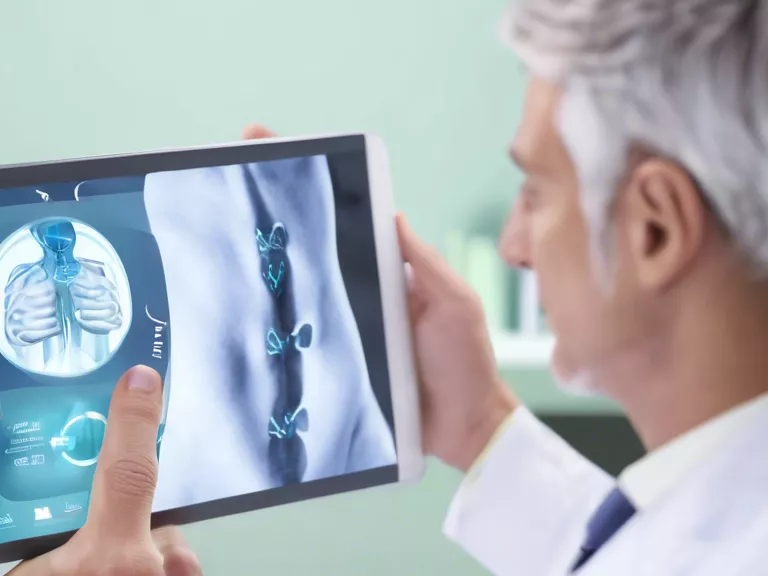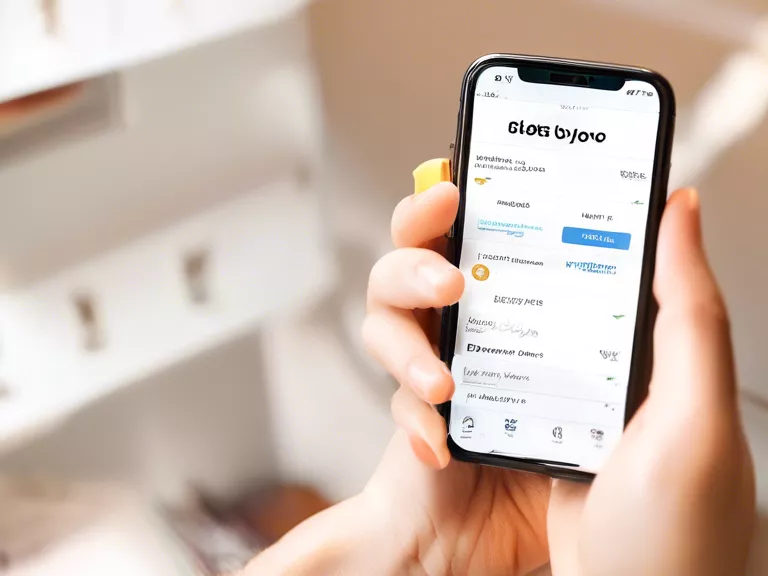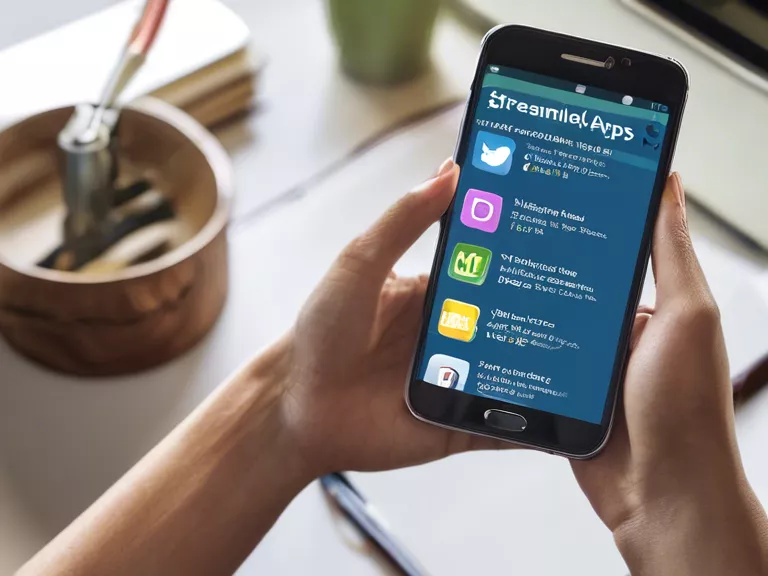
In recent years, mobile apps have played a significant role in enhancing remote healthcare through telemedicine. With the advancement of technology and the widespread availability of smartphones, patients are now able to connect with healthcare providers virtually, accessing medical advice and treatment from the comfort of their own homes. This article explores how mobile apps are revolutionizing the healthcare industry and improving patient outcomes through telemedicine.
One of the key ways in which mobile apps are enhancing remote healthcare is by providing convenient access to healthcare services. Patients no longer have to schedule appointments, travel to medical facilities, and wait in crowded waiting rooms. Instead, they can simply open a mobile app, connect with a healthcare provider via video call or chat, and receive the care they need in a timely manner. This not only saves time and money for patients but also reduces the burden on healthcare facilities.
Another benefit of mobile apps in telemedicine is the ability to monitor patients remotely. Through mobile apps, healthcare providers can track patients' vital signs, symptoms, and medication adherence in real-time. This enables early detection of health issues, timely intervention, and personalized treatment plans. Patients can also receive reminders and alerts through mobile apps, ensuring that they stay on track with their treatment plans.
Moreover, mobile apps are improving access to healthcare in underserved areas. In remote or rural regions where healthcare facilities are scarce, mobile apps allow patients to connect with specialist providers from anywhere in the world. This not only expands the reach of healthcare services but also ensures that patients receive the best possible care regardless of their geographical location.
In conclusion, mobile apps are playing a crucial role in enhancing remote healthcare through telemedicine. By providing convenient access to healthcare services, enabling remote monitoring of patients, and improving access to care in underserved areas, mobile apps are revolutionizing the way healthcare is delivered. As technology continues to advance, we can expect to see even more innovative solutions that will further improve patient outcomes and drive the future of healthcare.



